The Real Reason Beans Give You Gas
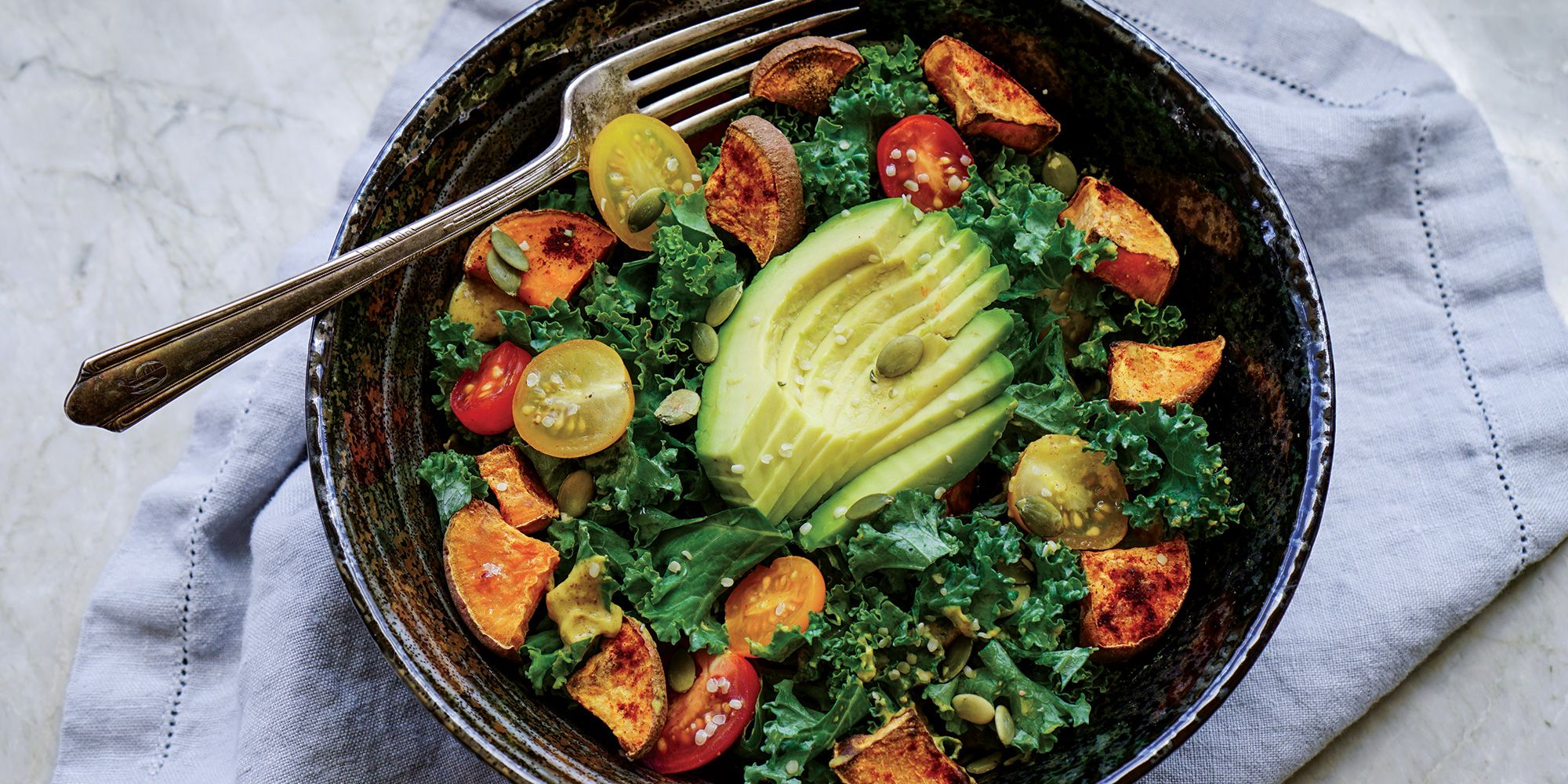
Can salad give you gas? Eating Expired
Avoiding overeating can be the biggest help in avoiding gas and bloat at Thanksgiving. You don't have to deprive yourself; just don't make a mountain of mash potatoes or a pyramid of dinner rolls. Eat your veggies. We already know that veggies can cause gas, but they also provide digestive enzymes that help your body break down the food easier.

Do Eating Nuts Give You Gas?
The way turkey is prepared and cooked can also impact its potential to cause gas. For example, deep frying a turkey can make it more difficult to digest, leading to higher chances of experiencing gas. On the other hand, roasting or grilling the turkey may make it easier on the digestive system, reducing the likelihood of gas. Does The Gut Play.
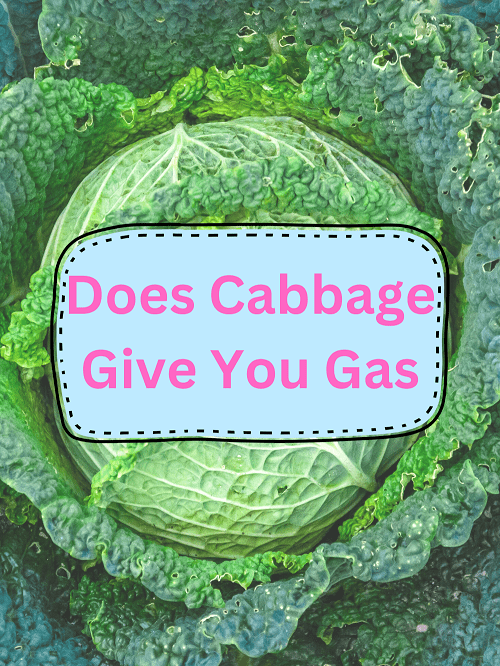
Does Cabbage Give You Gas Facts & Remedies SmoothiesNCookies
There are a few reasons why turkey may cause gas, including: * The high protein content of turkey can cause gas production in some people. Protein is a complex molecule that is difficult to digest, and when it is not digested properly, it can ferment in the intestines and produce gas. * The high fat content of turkey can also cause gas production.

Blue Skies Ahead Don't Be a Turkey...Give Thanks!!
Turkey is a high-protein food, and protein can cause gas. Turkey is also a high-fiber food, and fiber can cause gas. Some people are allergic to turkey, and eating it can cause gas. However, not everyone who eats turkey experiences gas. If you are concerned about gas, you can try eating smaller portions of turkey or avoiding it altogether. If.

Turkey Day Giveaway winners!
This is because turkey is a high-protein food, and protein can be difficult to digest. When protein is not digested properly, it can ferment in the gut and produce gas. In addition, turkey contains a compound called tryptophan, which can also contribute to gas production. Tryptophan is an amino acid that is converted to serotonin in the body.

GovSmart's 4th Annual Thanksgiving Turkey Giveaway GovSmart
Turkey is a popular protein choice, especially during the holiday season, but for some people, it can cause uncomfortable gas and bloating. This can be quite perplexing for many, as turkey is often thought of as a lean and healthy option. However, there are a few reasons why turkey can cause gas. One reason is that turkey, like other meats.

Do sugar substitutes give you gas? Here's why it happens Top Sante
Some foods can make you gassy. Fruits, certain vegetables, grains, dairy products, and other foods that contain certain types of sugars or fiber can all contribute to intestinal discomfort such as bloating and flatulence.. If gas is a problem for you, knowing which foods are more likely to cause gas can help you determine what to avoid when you need to stay gas-free.
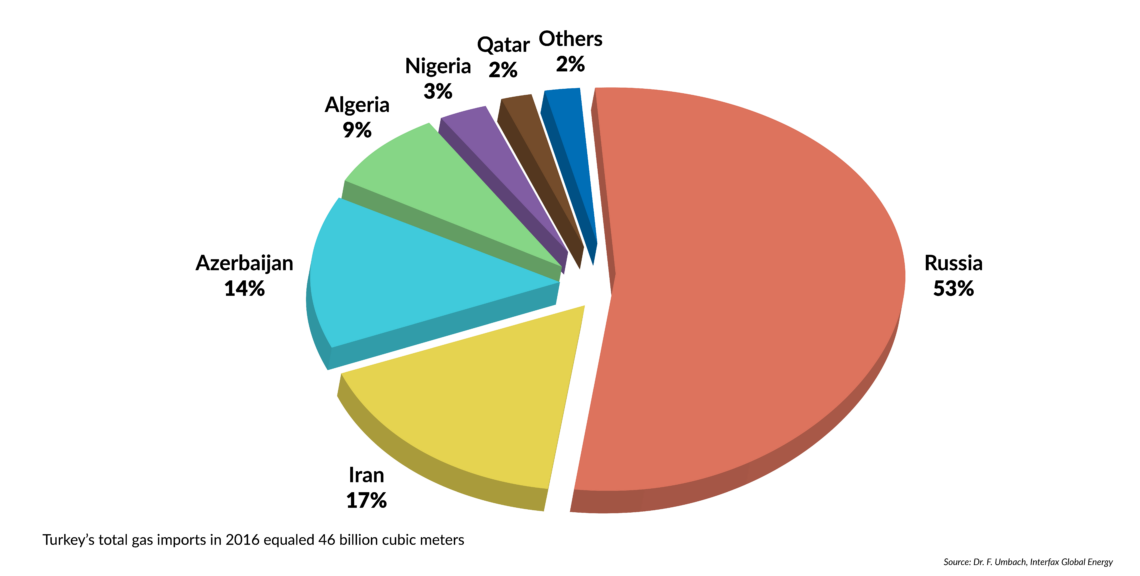
Turkey faces growing challenges over its energy security GIS Reports
Oats and whole wheat bread. Whole grains make you gassy for the same reason the vegetables listed above do: they're equally high in fiber. You don't want to skimp on fiber, though, since it.

Are Refried Beans Hard To Digest? Top 4 Best Answers
In addition to avoiding foods that cause gas, certain foods are less likely to result in gas and bloating, including: Eggs. Meat, poultry, or fish. Vegetables such as lettuce, tomatoes, zucchini, and okra. Fruits such as cantaloupe, grapes, berries, cherries, and avocado. Olives. Gluten-free bread.
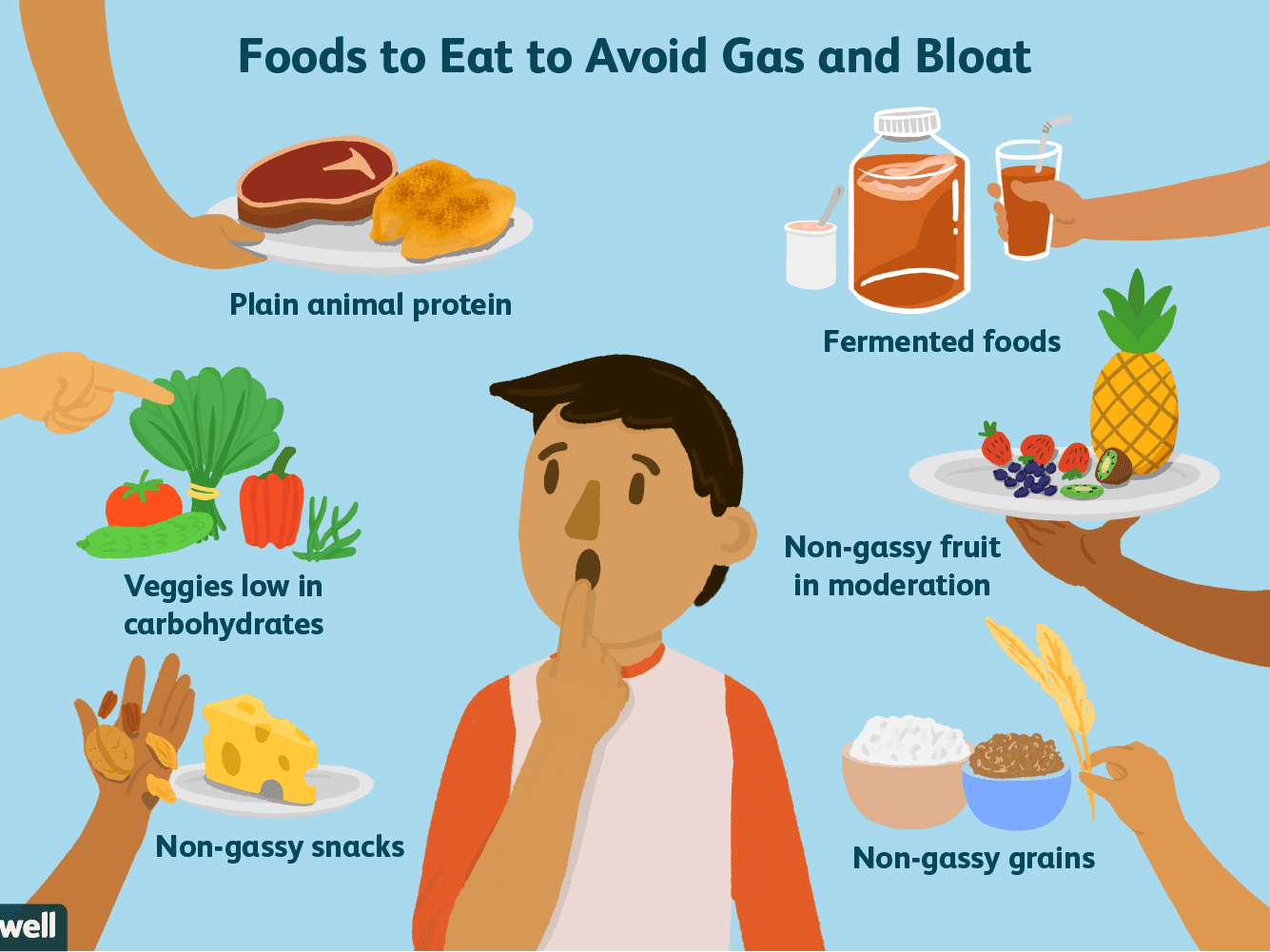
What foods give you smelly gas? [2022] QAQooking.wiki
This is because turkey is a high-protein food, and protein can be difficult to digest. When protein is not digested properly, it can ferment in the intestines and produce gas. There are a few things you can do to reduce the amount of gas you produce when you eat turkey. First, try to eat smaller portions. Second, avoid eating turkey with other.

famous Productivity gear eating 3 protein bars a day Set up the table
Consuming large portions of turkey in one sitting can overwhelm the digestive system. The excess food sits in the stomach and small intestine for longer, undergoing extended bacterial fermentation and gas production. Overeating turkey can also cause indigestion, diarrhea, nausea, and stomach cramps. Eating Too Quickly

The Continuation Of The Sony Walkman 1Z/1A Thread! Page 256
Signs or symptoms of gas or gas pains include: Burping. Passing gas. Pain, cramps or a knotted feeling in your abdomen. A feeling of fullness or pressure in your abdomen (bloating) An observable increase in the size of your abdomen (distention) Burping is normal, particularly during or right after a meal. Most people pass gas up to 20 times a day.

Can Tomatoes Give You Gas?
It's possible that turkey can contribute to an upset stomach. Here are four reasons why you may have gastrointestinal symptoms like abdominal cramping, bloating and gas after eating turkey. 1. You Ate Too Quickly. If you have stomach cramps or gas after eating turkey, it may have more to do with how you ate, rather than what you ate. That's.

Do Olives + Olive Oil Give You Gas or Bloating? Cuisine Seeker
Turkey and Gas: Facts and Myths. Turkey is a staple food when it comes to Thanksgiving, Christmas, or any other family gathering. However, there is a common belief that turkey can cause gas. Is there any truth to this, or is it just a myth? Let's dig deeper into the topic and explore the relationship between turkey and gas.
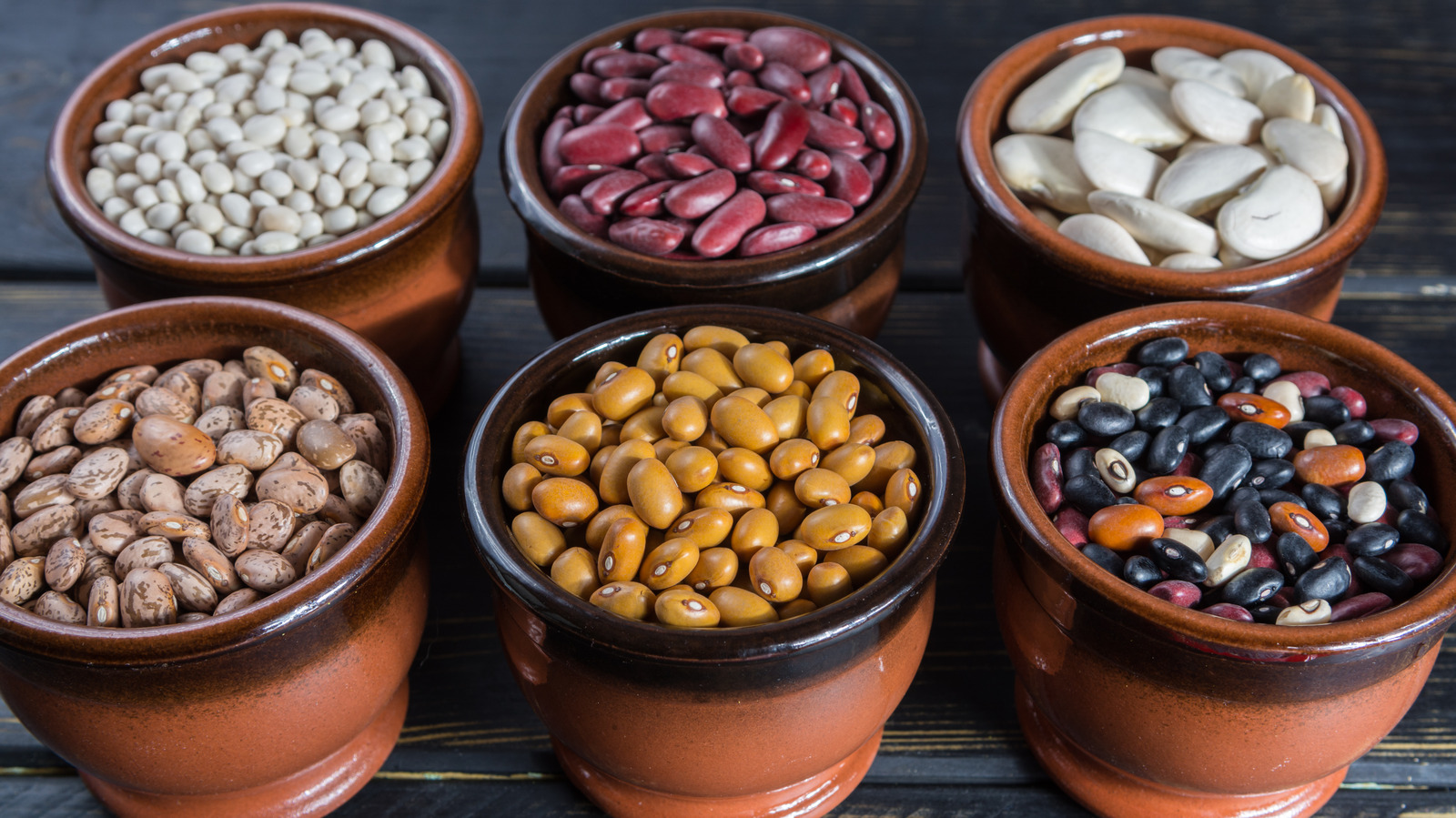
The Real Reason Beans Give You Gas
Beans and legumes. Beans and legumes are known for causing gas. Beans contain high amounts of a complex sugar called raffinose, which the body cannot digest. Beans are also fiber-rich, and a high.
:max_bytes(150000):strip_icc()/GettyImages-175445488-5bee3ca246e0fb0058cfcd69.jpg)
De voedingsmiddelen die het meest waarschijnlijk gas veroorzaken Med NL
Consumer Reports recently tested hundreds of samples of ground turkey from U.S. supermarkets. The results will make your stomach turn.